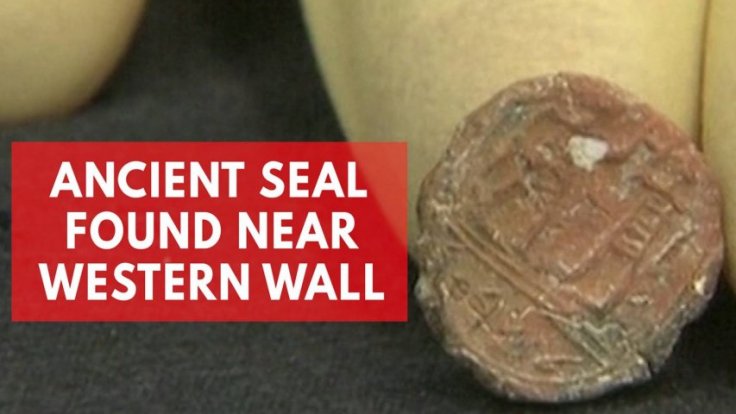
Mushrooms can prove to be your natural earth cleaner and be a solution to the world's plastic waste problem by making an alternative to the material that takes centuries to decompose. New York-based biotech startup Ecovative has been exploring mycelium -- the root-like structure of a mushroom – to tackle the plastic waste problem as the fungi provide a natural alternative to packaging materials made of Styrofoam.
According to Ecovative CEO and co-founder Eben Bayer, the non-biodegradable material "(plastic) is literally gumming up the cogs of the ecosystem of planet Earth", and the natural alternative that grows below the ground can address the problem, particularly of single-use plastic. The company said it had developed a way to grow mycelium into specific shapes and sizes by taking organic plant waste and inoculating it with mycelium.
Ecovative suggested that mycelium that grows through and around the agricultural materials binds them together in a week to provide a natural alternative to packaging materials made out of Styrofoam. Bayer said the mycelium substance after its useful life could be broken up and put into the garden as it acted "like a nutrient, not a pollutant".
This is a natural approach to combat the world's plastic addiction that is spiraling out of control as, according to the United Nations, humans have produced more than 8.3 billion tons of plastic since the 1950s, with the majority of it ending up in landfills. The vision has helped Ecovative attract millions from investors like 3M Company and a $9.1 million contract with the US Department of Defense.
Darby Hoover, a senior resource specialist at the non-profit Natural Resources Defense Council, told CNN Business that "the bigger issue" was to rethink humans' reliance on disposable packaging overall.
The 2007 launched company is now focusing on developing next-generation mycelium materials to disrupt the animal farming industry with everything from vegan leather to plant-based meat. These alternatives often use ingredients such as pea proteins and genetically engineered soy, but none have as of now successfully used mycelium.
Bayer said he believed mycelium could play a major role in construction as mycelium building materials were both insulative and structural and could be used in the same way conventional building materials were used.
The company, which says that packaging materials may be just the start, aims at building organs. "My dream is to one day grow a lung and seed it with lung cells and use the mycelium to create the capillary network and use the human cells to create the actual lung," explained Bayer.
Another device plans to use two strains of fungus that digest the plastic ingredients but do not accumulate anything toxic to turn plastic waste into a safe and edible product. "We were both really inspired about the idea that something digests plastic but then still creates edible biomass," one of the designers of the product Katharina Unger said.
According to Unger, the Fungi Mutarium technology has been in development for a few years, and the researcher is now working with microbiologists to figure out how many different types of mushrooms can be used, and how to up the efficiency of the decomposition process.
The World Economic Forum estimated the number of fish in our oceans within the next 35 years will be outweighed by plastic waste, and humans by 2050 will be producing more than three times plastic as much we did in 2014. Unger said the idea of the Fungi Mutarium was intriguing because it not only used nature to process synthetic waste but could also be used to produce food.
Researchers in an earlier study found a rare mushroom in the Amazon called Pestalotiopsis microspore was capable of breaking down polyurethane - the main ingredient used in plastics, and numerous reports later confirmed that species of plastic-eating fungus were actually pretty common.
Fungi enthusiast scientists in the last 15 years have deployed mushrooms to clean up oil spills in the Amazon, boat fuel pollution in Denmark, contaminated soil in New Zealand, and polychlorinated biphenyls or PCBs in Washington's Spokane River. Scientists say mushrooms can even convert pesticides and herbicides to more innocuous compounds, remove heavy metals from brownfield sites, apart from breaking down plastic.









